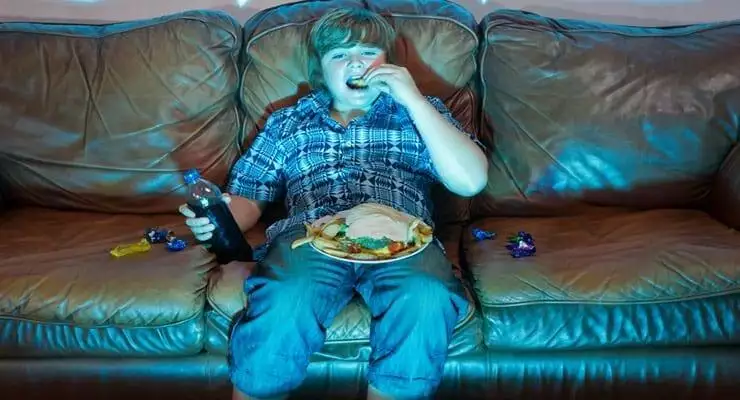As parents of young children, in order to survive, we get used to being in charge. We’re on duty 24/7. No matter how how long it’s been since we’ve had sleep, sex, food, or a shower.
We put our kids first. In many cases, overparenting starts to feel natural. By the time our kids are teenagers, we’ve been parenting this way for more than a dozen years. We’ve gotten good at it. We’ve gotten used to it.
Then, suddenly, our uberparenting screeches to a halt. Whether we want it to or not. The power dynamic shifts from parent to teenager, sometimes overnight, no matter how sweet and obedient your child once was.
I don’t know a single parent who was ready for this.
For one of my kids, it happened the day he passed his driver’s test. I barely saw the boy for the next two years. His younger sister emancipated herself the day she went to boarding school in September of ninth grade.
For other kids, it may happen later, when they get their first job, or go away to camp or college. Sometimes the shift happens long before a teenager actually become a teenager. In the worst cases, we parents fight it, deny it’s happening, or sabotage our children’s autonomy. But in this power struggle, teenagers always win, even if they have to go undercover with their rebellions. They cannot grow up, and grow away from us, unless they become independent of us.
What shocked me was how hard it is to adjust to my kids growing up. It seems counterintuitive: we want our spawn to become independent, or at the least to give us a break so we can be done with the grueling phase of hyperparenting. But for many of us, the pride in our kids becoming self-sufficient, and our concurrent relief, are mixed with grief, anxiety and uncertainty.
If you are having trouble backing off, here are some good tips to try, from mommy blogger Amy Carney. It’s funny how hard some of these are to do – and if you struggle with these relatively small changes, that may be a sign that you are helicoptering a bit much.
- Don’t wake up your kids in the mornings for school or work
- Don’t make their breakfasts or lunches
- Don’t query them about homework
- Don’t bring them items they’ve left at home
- Stop doing their laundry
- Do not email or call their teachers
In other words: let kids grow up. While they’re still safely under your roof, give them a risk-free chance to learn these essential skills. This is the next phase of parenting: letting them go. (And hoping they come back to visit.)
When this break occurs, it’s normal (but strange) for us to feel lost, or guilty, or even…jobless. Because, in fact, our kids have fired us. They no longer want or need us to hover, to be their hero, to remind them to brush their teeth and eat their carrots. If we’re lucky, one day, we will be rehired as consultants. But our time as 24/7 cook /cleaner/policeman are over. For better or worse.
It helps to accept that this is a major parenting transition. Surround yourself with other parents going through the same transition. Enjoy your freedom, the newly rediscovered ability to focus on your other children or yourself or your underused bed or clawfoot tub. This is a major parenting change. It takes time to adjust. Don’t fight it.
During the transition to adolescence and adulthood, listen to advice from columnist Ann Landers: “It is not what you do for your children, but what you have taught them to do for themselves, that will make them successful human beings.”





